Introduction to the main producing areas of Kenyan coffee beans the flavor and taste of Kenyan K72 water-washed coffee beans
Kenyan coffee
When it comes to coffee, Qianjie believes that coffee fans are no stranger to Kenyan coffee, and people in the coffee industry all think that Kenyan coffee is one of its favorite products. This is because Kenyan coffee contains every feeling that coffee fans want from a good cup of coffee. It has a balanced and delicious acidity and an excellent fruit taste. The taste is so unique that there is almost no similar coffee.
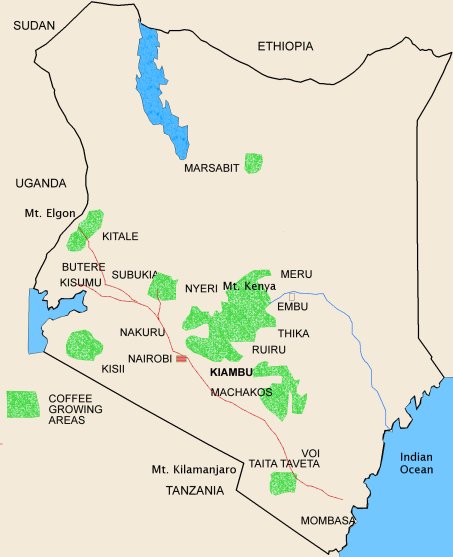
Qianjie believes that Kenyan coffee is characterized by a distinctive fruity aroma. Try to find this flavor in the coffee and pay attention to how it feels in the mouth. One of the common fruit aromas is citrus. Kenyan coffee has a multi-layered taste and the acidity of fruit juice, perfect grapefruit and wine flavor, medium mellow.
Kenyan coffee is mostly grown at an altitude of 1500m, 2100m, and is harvested twice a year. And according to Qianjie, in order to ensure that only ripe berries are picked, workers and farmers have to make about seven rounds of inspection in the forest. Kenyan coffee is grown by small farmers. After they harvest the coffee, they first send the fresh coffee beans to the cooperative cleaning station. The washing station sends the dried coffee to the cooperative in the form of "parchment coffee beans" (that is, coffee beans covered with endocarp) to the cooperative ("parchment coffee beans" is the last state of coffee beans before peeling). All the coffee is collected together, and the growers charge the average price according to their actual quality. Qianjie believes that this method of buying and selling is generally working well and is fair to both growers and consumers.

The main variety of coffee in Kenya is SL28,SL34,Batian,Ruiru11.
At this time, Qianjie believes that entry-level coffee fans have heard of Kaddura, Kaduai, iron pickup and bourbon, but what is SL28,SL34 and what is it different from the common coffee varieties? Qianjie is here to give you coffee fans and friends popular science!
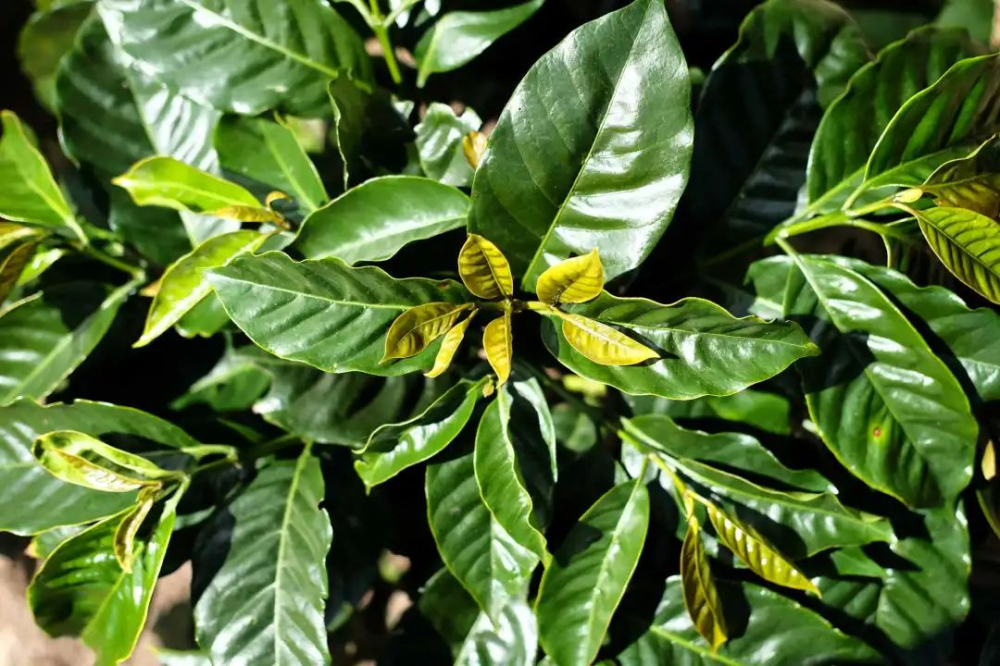
SL actually stands for Scott Labs,Scott Laboratories, Scott Lab. In the 1930s, Scott Lab was commissioned by the Kenyan government to conduct research on the classification of coffee breeding, trying to find varieties that can adapt to Kenyan soil, can be used for large-scale cultivation and have commercial value. SL-28,SL-34 is one of many research results. The organization was active in the 1930s and 1960s, but it no longer exists.
The SL series, based on the ancient species of Mocha in Yemen and the bourbon species on the island of Reunion, now accounts for the majority of Kenyan coffee production, while SL-28 has a higher reputation, higher SL-34 harvests and slightly lower elevations. According to botanists in SL laboratory, SL28 and SL34 are genetic variants. Among them, SL28 has the mixed pedigree of Moka and Yemeni Tibica. The goal of cultivating SL28 was to mass produce coffee beans with high quality and resistance to diseases and insect pests.
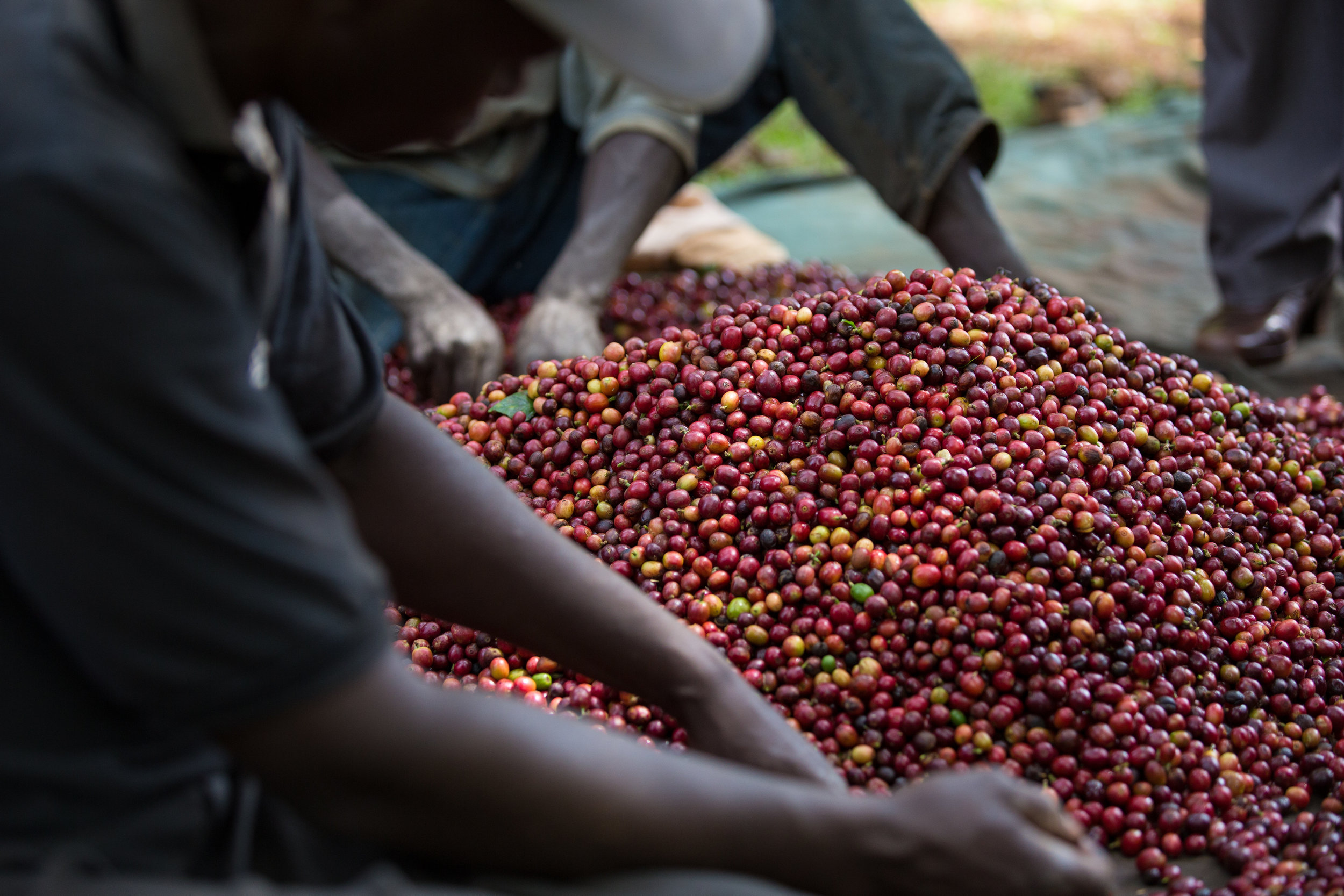
Although the yield of SL28 was not as large as expected, it has been spread to this day because of the copper leaf color and broad bean-shaped beans with great sweetness, balance and complex flavor, as well as significant citrus and black plum characteristics. While SL34 is similar to SL28 in flavor, except for its complex acidity and great sweetness, it is heavier, more full-bodied and cleaner than SL28. SL34 has bourbon and more Tibica blood. Beans look similar to SL28, but are more likely to survive, such as adapting to sudden heavy rain.
Ruiru appeared after SL28 and SL34, and Qianjie learned that it was in the 1970s, when Ruiru began to try to cultivate different CBD and rust-resistant varieties. The result is Ruiru11, which was released in the 1980s. High yield, CBD and antirust properties seem to be the solution to all coffee production problems in Kenya.

Batian is a Batian species launched by the Coffee Research Institute (CRI) on September 8, 2010. it is also the latest variety provided in Kenya. It is a further experiment based on lessons learned from Ruiru11. Genetically speaking, it is essentially selected from the cross between SL28 and SL34, and is closer to SL28 than Ruiru 11. This eliminates the problematic Robusta element, thus improving the quality of the cup test. In other words, Ruiru 11 and Batian of Kenyan coffee beans produce more per year than SL28 and SL34, their coffee shrubs can produce up to 40 kilograms of coffee a year, and these higher-yielding Kenyan plants are also more resistant to disease.
K72 washing treatment method
According to Qianjie, it is understood that Kenyan-style water washing is a cyclic repeated treatment after fermentation. On the day of harvest, the best quality coffee cherries are selected, peeled and fermented. The fermentation time is 12-24 hours, and then washed with clean river water 24 hours later. Then, it is fermented again with clean river water for 24-48 hours, and then washed, so it is repeated twice for 72 hours, so it is called Kenyan 72-hour fermentation water washing treatment, referred to as K72. This treatment allows coffee beans to ferment for a long time at low temperature, so that beans can have a brighter, cleaner but full flavor!
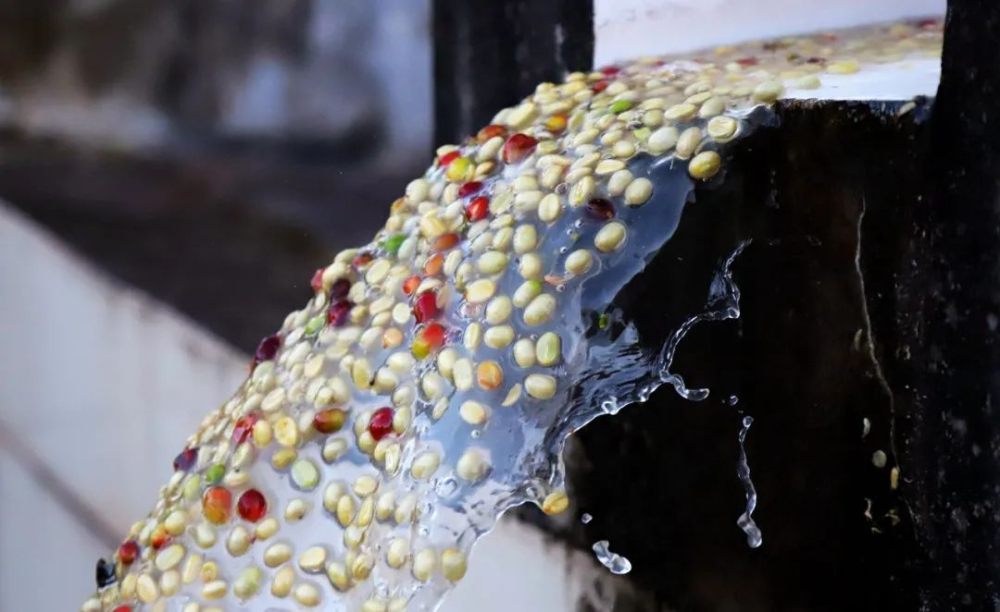
Of course, the high quality of Kenyan coffee is also inseparable from high-quality coffee cherries, of course, it is also graded, it is based on coffee bean particle size and cup test results. According to the size, shape and hardness of coffee beans, from high to low are AA, AB, PB, C, E, TT, T. For the raw coffee beans of AA grade and AB grade, the special classification of cup test results (not officially recognized by Kenyan countries, made by exporters) is added, and the order from high to low is TOP, PLUS (+) and FAQ. In addition to the most common AA and AB in China, coffee fans will often see grades such as "AA+" and "AA++". The particles will be larger, but they all belong to AA.
Kenyan coffee producing area
According to Qianjie, the most famous coffee producing areas in Kenya are Thika, Kirinyaga and the west side of Mount Kenya (Mt. Kenya West), Nyeri, Kiambu and Muranga.
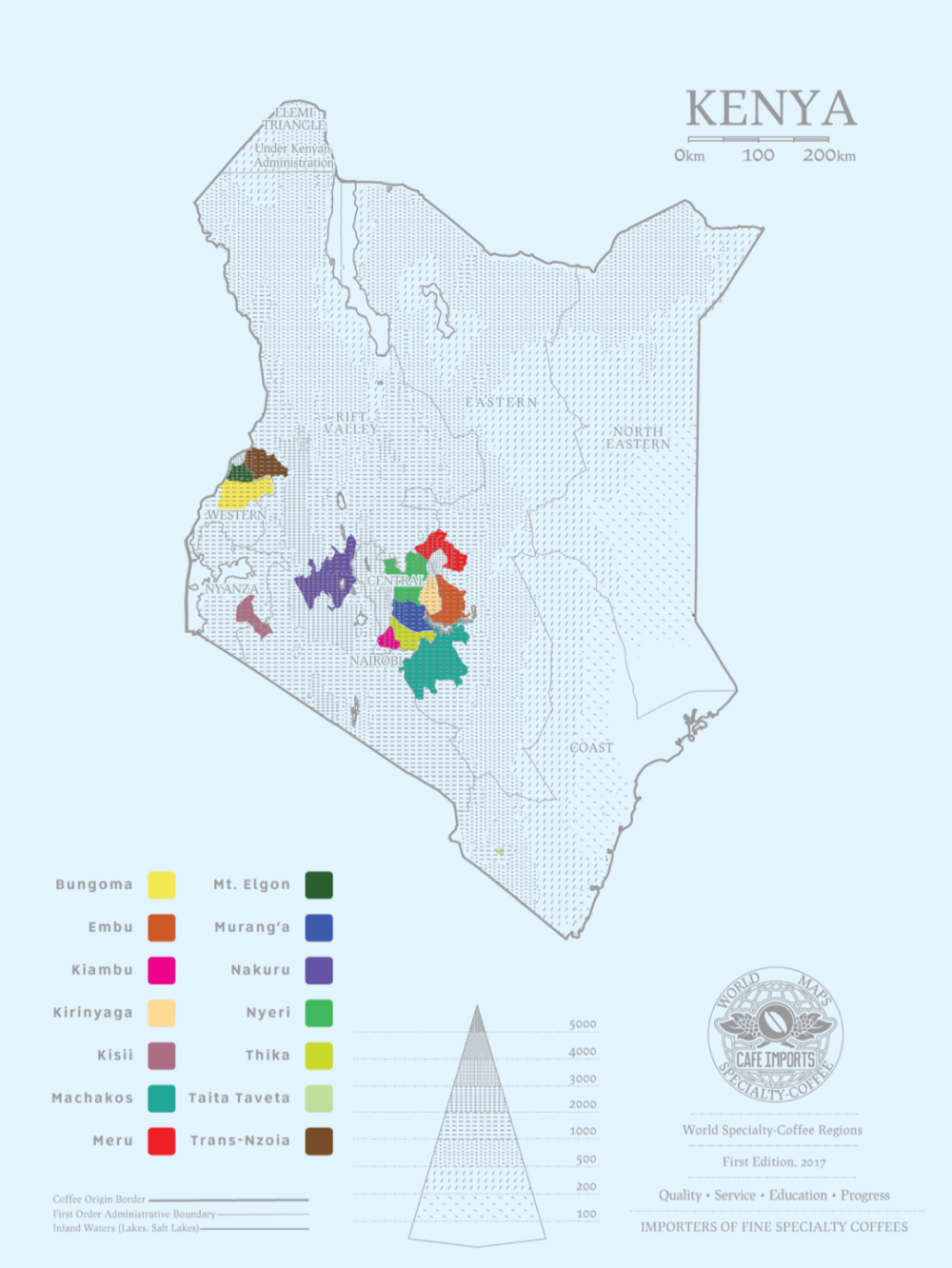
Kiambu producing area
Central KIAMBU is located in the producing area of central Kenya, which is a traditional tea-growing area, but has the highest altitude coffee-growing area in the region, which is named after the town of Nakuru. This area produces less coffee and is a pattern of manors and small farmers, with two seasons of coffee harvest. Qianjie thinks that the flavor of this producing area is also the bright acid and mellow feeling that most people like.
Altitude: 1850-2200 m
Varieties: SL-28, SL-34, Ruiru11, Batian
Thika is a small town in Nairobi, the capital of Kenya. There are many coffee fields around Nairobi, and Sika is an industrial town, but surrounded by agriculture and waterfalls. There are about 2000 farmers in Sika. Qianjie determined by cup test that the flavor of the producing area has bright acidity, thick berry juice and honey-like sweetness.
Altitude: 1550-1750 m
Variety: sl-28,sl-34

Kirinyaga producing area is located on the hillside of Mount Kenya, close to Neri producing area. It is famous for its strong flavor, rich layers and solid taste of coffee. Together with Nyeri producing area, it is recognized as the two best producing areas in Kenya.
Most of the producers in this area are small coffee farmers who join the cooperatives, while the cooperatives play an integrated role, providing washing plants, and coffee farmers send the coffee fruits to the cooperative processing plants for processing. Altitude: 1300 to 1900 meters, harvest period: October to December (main production season), June to August (by-product season). Qianjie through the cup test to determine that the production area is mainly berry flavor, moderate sweetness, honey and cream.
Altitude: 1300 to 1900 m
Varieties: SL-28, SL-34, Ruiru11, Batian.
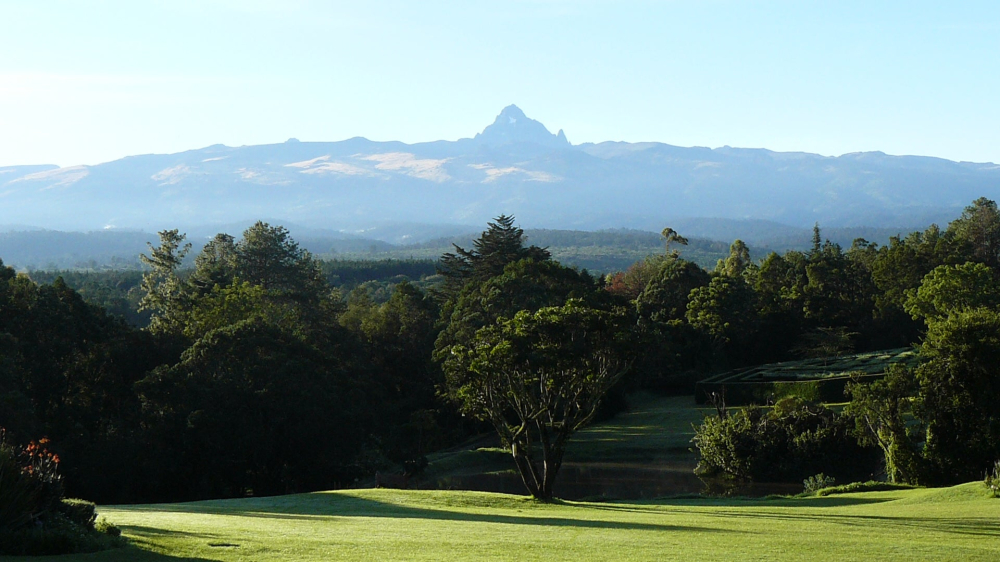
Nyeri producing area
Neri, close to Mount Kenya, is an important boutique producing area in Kenya, with an average elevation of more than 1500 meters. A lot of Kenyan coffee is produced in this area. Neri is high enough above sea level and located to the east of Aberdare Mountains, and it is also the headland between Mount Kenya and this mountain. due to its high terrain and fertile soil, Neri is a key town in the middle of Kenyan coffee, and coffee-related industrial facilities are also more developed. The Kenyan coffee beans in the area are famous for their high altitude, and the level is also quite high. Qianjie determined that the coffee beans produced in this area have dark berry flavor, bright sweet and sour plum and delicate aftertaste.
Altitude: 1200-2300 m
Varieties: SL-28, SL-34, Ruriu11, Batian
The west side of Mount Kenya (Mt. Kenya West) producing area
The western side of Mount Kenya includes the Bungoma district of Kisii and Mount Elgon. Chesi is located in southwestern Kenya, not far from Lake Victoria, is a relatively small producing area, most coffee beans come to this co-operative of free small producers. The coffee flavor of this producing area is very different from that of the central producing area. According to the cup test in Qianjie, this producing area has roasted nuts and soft acidity, and is widely loved by buyers who do not like bright acidity.
Altitude: 1450 to 1800 m
Varieties: SL-28, SL-34
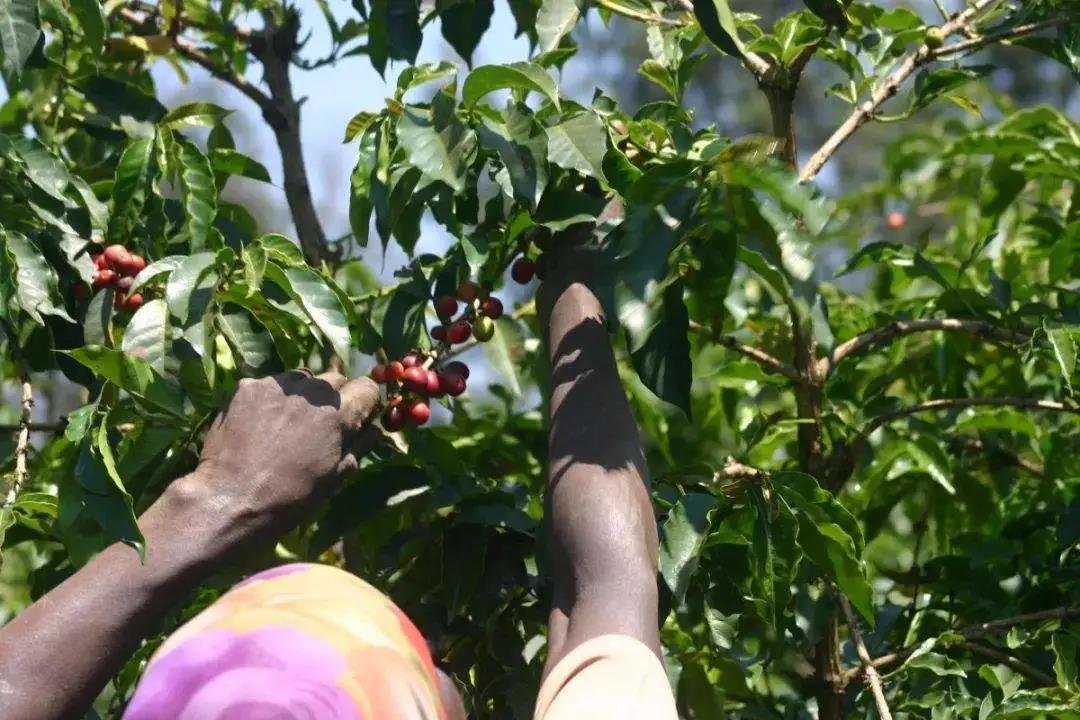
Mulanga (Muranga)
The Muranga producing area belongs to the Central Province, where there are about 100000 coffee farmers. This inland producing area was the place of settlement chosen by the first missionaries because Portugal banned them from living in coastal areas. It is also another producing area that benefits from volcanic soil, with more small coffee farmers than manors. According to the cup test in Qianjie, it is determined that the coffee in this area is bright sour and thick fruit juice.
Altitude: 1350 to 1950 m
Varieties: SL-28, SL-34, Ruiru11, Batian
At present, there are two coffee beans from Sika and Chiambu on the front street, so come to Amway for coffee fans!
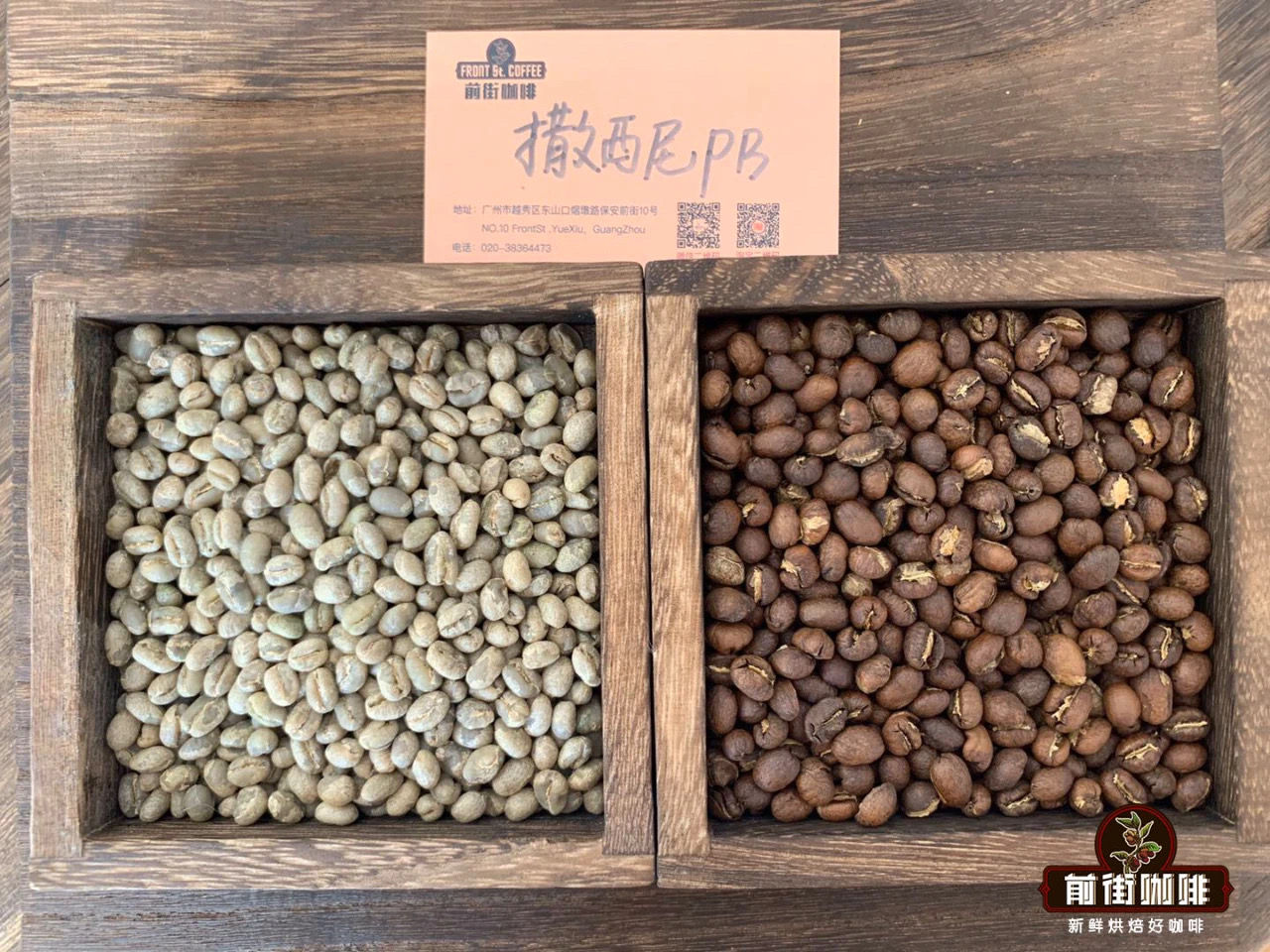
Front Street Coffee: PB Coffee beans at Sassini Manor, Kenya
Country: Kenya
Producing area: Sassini Manor
Altitude: 1680m
Variety: SL28,SL24,riuru
Treatment method: 72 hours washing treatment
Flavor: tomatoes, fruits, berries
Sassini Manor is located in the KIAMBU area around Mount Mountain Kenya, about 1800 meters above sea level. It has beautiful scenery, pleasant climate, sufficient light and superior soil conditions. It is a fertile acid red soil with a loose soil, deep soil layer and good drainage. The PH value is between 5.5 and 6.5. According to Qianjie, Sassini Co., Ltd. was founded in 1952 and is also one of the first coffee and tea companies established after independence in Kenya. It has been certified by UTZ, Rainforest Alliance, Kenya Bureau of Standards Diamond mark and so on.
And Qianjie believes that high-quality Kenyan coffee has a bright sour taste and intoxicating fruit sweetness. The sweet and sour wine has a large amplitude, a refreshing and sweet finish and a hint of blackcurrant aftertaste.
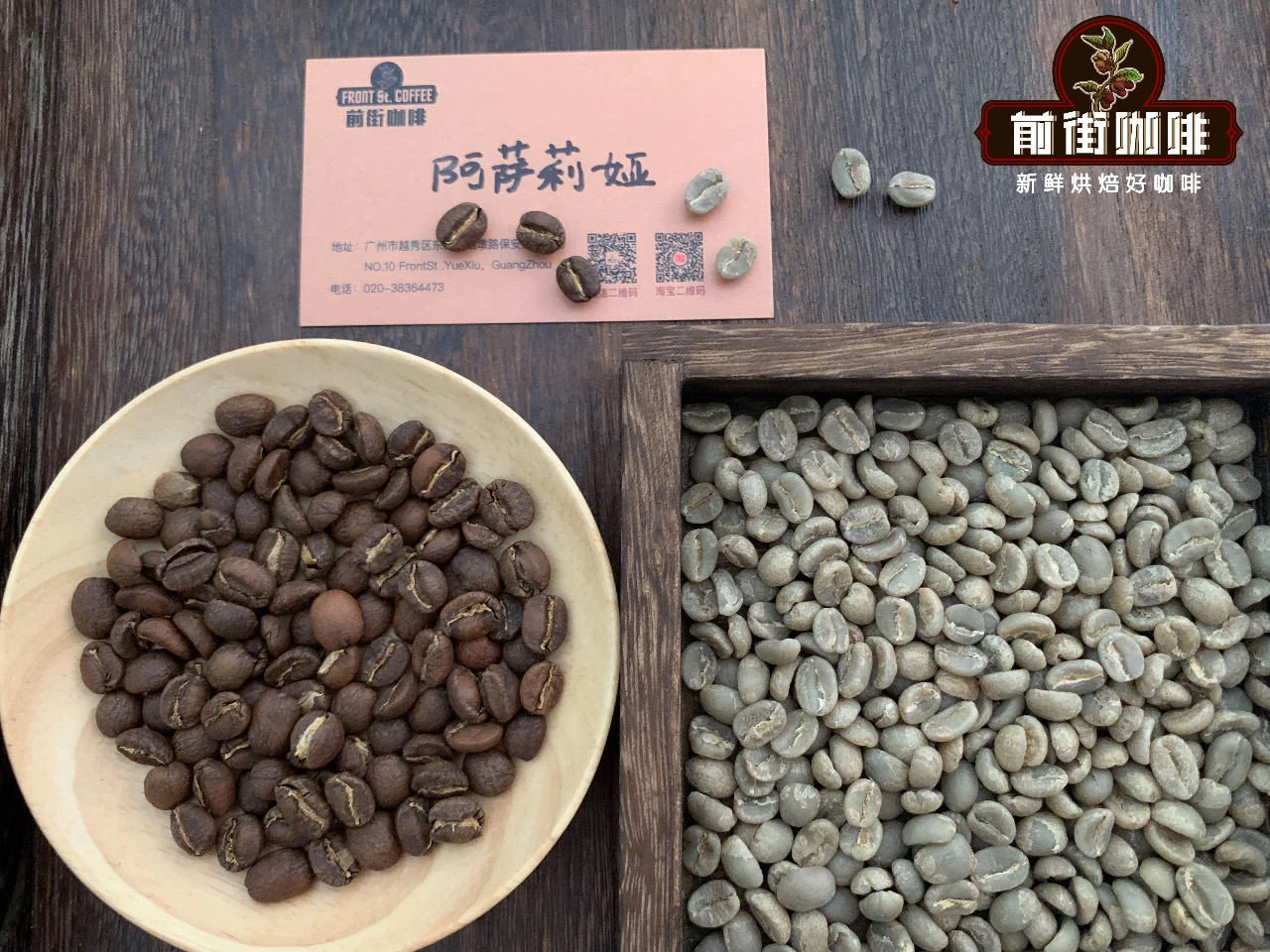
Front Street Coffee: Kenya Azaria Coffee beans
Country: Kenya
Production area: Asali (Honey processing Plant)
Altitude: 1550-1750m
Variety: SL28,SL34
Treatment method: 72 hours washing treatment
Flavor: Sydney, black plum, brown sugar, virgin fruit, Brin
Kenya in this honey farm on the front street has dark berry notes and rich fruit flavor, which is close to the public's established impression of Kenya. This Asalia is the above-mentioned SL-28 and SL-34 varieties, and the bourbon variants (SL-28) and (SL-34) have always been the winners of the expert cup Nerobi auction.
The above are all the Kenyan coffee types in Qianjie at present. I believe all coffee fans have a certain understanding of Kenyan coffee.
Professional coffee knowledge exchange more coffee bean information please follow the coffee workshop (Wechat official account cafe_style)
For more boutique coffee beans, please add private Qianjie coffee on Wechat. WeChat account: qjcoffeex
Important Notice :
前街咖啡 FrontStreet Coffee has moved to new addredd:
FrontStreet Coffee Address: 315,Donghua East Road,GuangZhou
Tel:020 38364473
- Prev
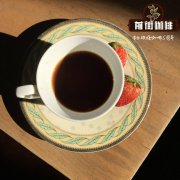
The description of the flavor characteristics of Kenya Mutika and the introduction of Mutika
[about Mutheka processing plants] the Mutheka Cooperative, founded in 2000 in Nyeri in central Kenya, has seven different processing stations where members deliver their harvested coffee cherries for processing. We always buy coffee at Nyeri because it is recognized as the best producing area, and after tasting thousands of local coffees, Chorongi
- Next
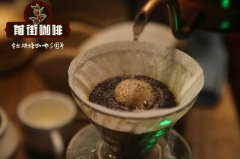
Introduction to the Flavor characteristics of Guardian Lahncht and Finca El Injerto Coffee
Professional coffee knowledge exchange more coffee bean information please follow the coffee workshop (Wechat official account cafe_style) Guadillaincht tea Finca El Injerto since 1905, Inchte coffee Finca El Injerto has produced excellent coffee in the Guardia Guardia-Vivetnam fruit (Huehuetenango) alpine mountains on the premise of respecting and protecting the original nature.
Related
- Detailed explanation of Jadeite planting Land in Panamanian Jadeite Manor introduction to the grading system of Jadeite competitive bidding, Red bid, Green bid and Rose Summer
- Story of Coffee planting in Brenka region of Costa Rica Stonehenge Manor anaerobic heavy honey treatment of flavor mouth
- What's on the barrel of Blue Mountain Coffee beans?
- Can American coffee also pull flowers? How to use hot American style to pull out a good-looking pattern?
- Can you make a cold extract with coffee beans? What is the right proportion for cold-extracted coffee formula?
- Indonesian PWN Gold Mandrine Coffee Origin Features Flavor How to Chong? Mandolin coffee is American.
- A brief introduction to the flavor characteristics of Brazilian yellow bourbon coffee beans
- What is the effect of different water quality on the flavor of cold-extracted coffee? What kind of water is best for brewing coffee?
- Why do you think of Rose Summer whenever you mention Panamanian coffee?
- Introduction to the characteristics of authentic blue mountain coffee bean producing areas? What is the CIB Coffee Authority in Jamaica?

